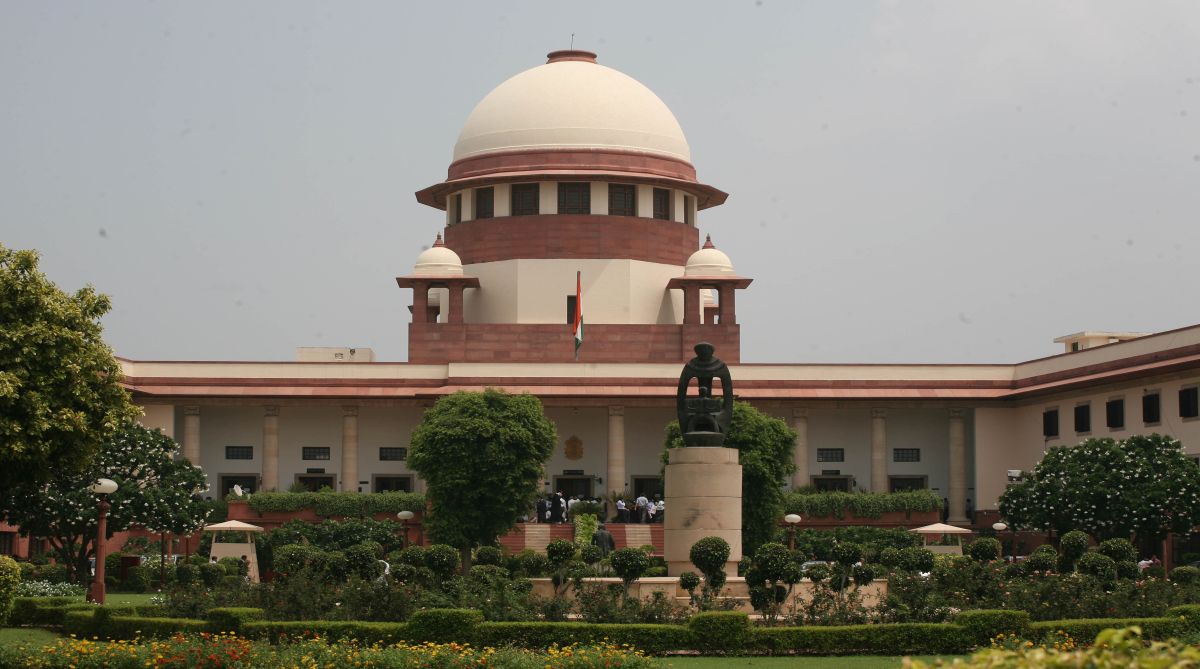India’s Got Latent: SC issues notice on YouTuber Ashish Chanchlani’s plea against FIRs
SC issues notice on YouTuber Ashish Chanchlani’s plea to quash or transfer FIR in India’s Got Latent case; tagged with Ranveer Allahabadia’s petition.
Private companies are not allowed to ask for Aadhaar card now. The court announced that Aadhaar linking was not mandatory for mobile phones and bank accounts.

Supreme Court (Photo: Getty Images)
The Supreme Court on Wednesday pronounced its verdict on the batch of petitions challenging the constitutional validity of Aadhaar on grounds of it being violative of the fundamental right to privacy, and declared the Centre’s flagship Aadhaar scheme as constitutionally valid.
The apex court’s five-judge Constitution bench said Aadhaar was meant to be “unique” and it was better to be unique than being best.
Advertisement
In major turn of events, however, the Supreme Court struck down Section 57 of the Aadhaar Act. As a result, private companies cannot ask for Aadhaar card now.
Advertisement
The court announced that Aadhaar linking was not mandatory for mobile phones and bank accounts.
“Linking of Aadhaar to mobile phones not constitutional. No mobile company can demand Aadhaar card,” said the said.
“Aadhaar is not needed for banking, but a must for PAN,” the bench said.
In another important judgment, the top court said schools could not make Aadhaar compulsory. The court ruled that schools could not make Aadhaar compulsory saying “every child has right to education”.
The first of the three judgments was pronounced by Justice A K Sikri. Justice AK Sikri has authored the judgment on behalf of himself, CJI Dipak Misra and Justice Khanwilkar, while Justice Chandrachud and Justice A Bhushan have written their individual opinions.
The apex court’s five-judge Constitution bench headed by Chief Justice Dipak Misra said Aadhaar was meant to help benefits reach the marginalised sections of the society, taking into account the dignity of people not only from personal but also from community point of view.
Reading out his judgment, Justice AK Sikri said, “Aadhaar empowers the marginalised section of the society and gives them an identity, Aadhaar is also different from other ID proofs as it can’t be duplicated”
The top court said Aadhaar was serving much bigger public interest and Aadhaar.
“It is better to be unique than to be best,” he added.
The bench said attack on Aadhaar by petitioners is based on violation of rights under the Constitution, will lead to a surveillance State.
It added there had been minimal demographic and biometric data collected by UIDAI for Aadhaar enrolment.
Justice Chandrachud and Justice A Bhushan, who are part of the bench, have written their individual opinions.
In another highlight of the judgment, the apex court has struck down clause on sharing of data in the name of national security. The clause allowing sharing of information in the name of national security has been struck down, said the court.
(With agency inputs)
Advertisement